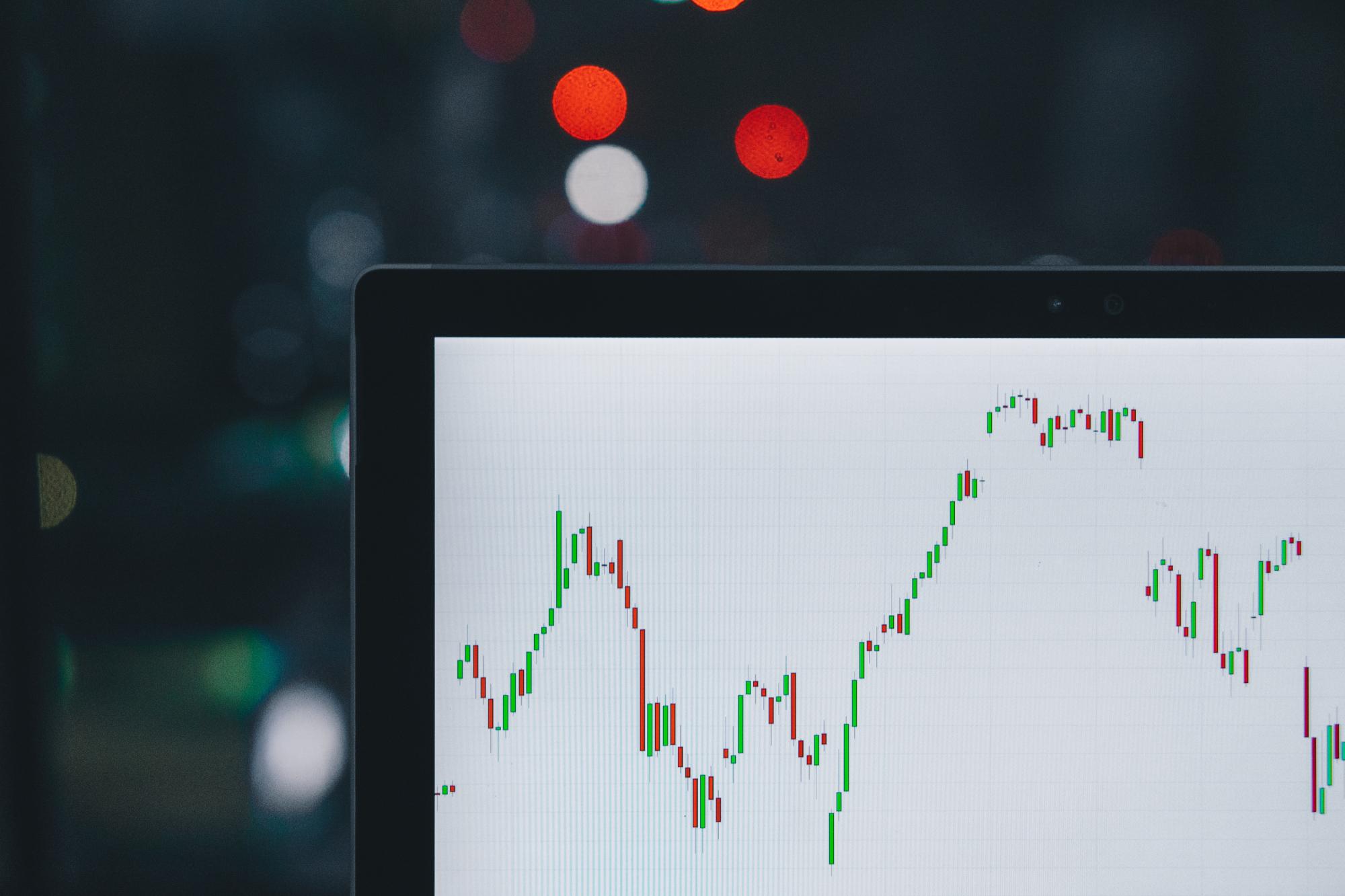Test- FTSE 100 Kicks Off August on a High as BP and Senior Lead Market Momentum
$11
10 Oct 2025, 13:13

Unsplash.com

Tuesday saw a decline in most Asian stocks as investors took profits after the market spiked higher in November on expectations of a less hawkish Federal Reserve. Sentiment was further dampened by a run of poor economic data from the region.
Nikkei 225 in Japan dropped 1.4%, leading losses in Asia as recent yen strength hurt stocks in the export industry. Japan's service sector grew less than anticipated in November, according to purchasing managers index data, suggesting that local demand may be cooling amid slowing economic growth.
November's inflation in Tokyo was lower than anticipated and approached the Bank of Japan's 2% annual target, which is consistent with a slowdown in consumer spending. However, if inflation slows down, the BOJ will have less incentive to start tightening policy in 2024, which is good news for Japanese stocks.
The falls in Asia occurred following Wall Street indexes' sluggish lead-in. Investors paused due to some uncertainty regarding the bank's plans for rate cuts in 2024, even though markets continued to expect that the Fed was done raising interest rates.
Additionally, caution remained ahead of this Friday's crucial nonfarm payrolls data, which is anticipated to provide additional insight into the labour market. Despite this, wider Asian markets were still enjoying robust gains for November due to bets on a less hawkish Fed in 2024 being bolstered by weak labour and U.S. inflation data.
The Shanghai Composite and Shanghai Shenzhen CSI 300 indexes in China both dropped 0.6%, while the Hang Seng in Hong Kong fell 1.1%, mostly due to pressure from mainland stocks.
Although the private purchasing managers index survey indicated stronger-than-expected growth in China's services sector, the reading was still much below pre-COVID levels, so markets largely ignored it.
After a spike in respiratory illnesses in major cities, growing worries about a new epidemic in China further damaged public sentiment. In light of the recent outbreak, the National Health Commission—which was at the centre of the nation's three-year COVID-19 crackdown—reportedly recommended restricting public gatherings.
(Sources: investing.com, reuters.com)